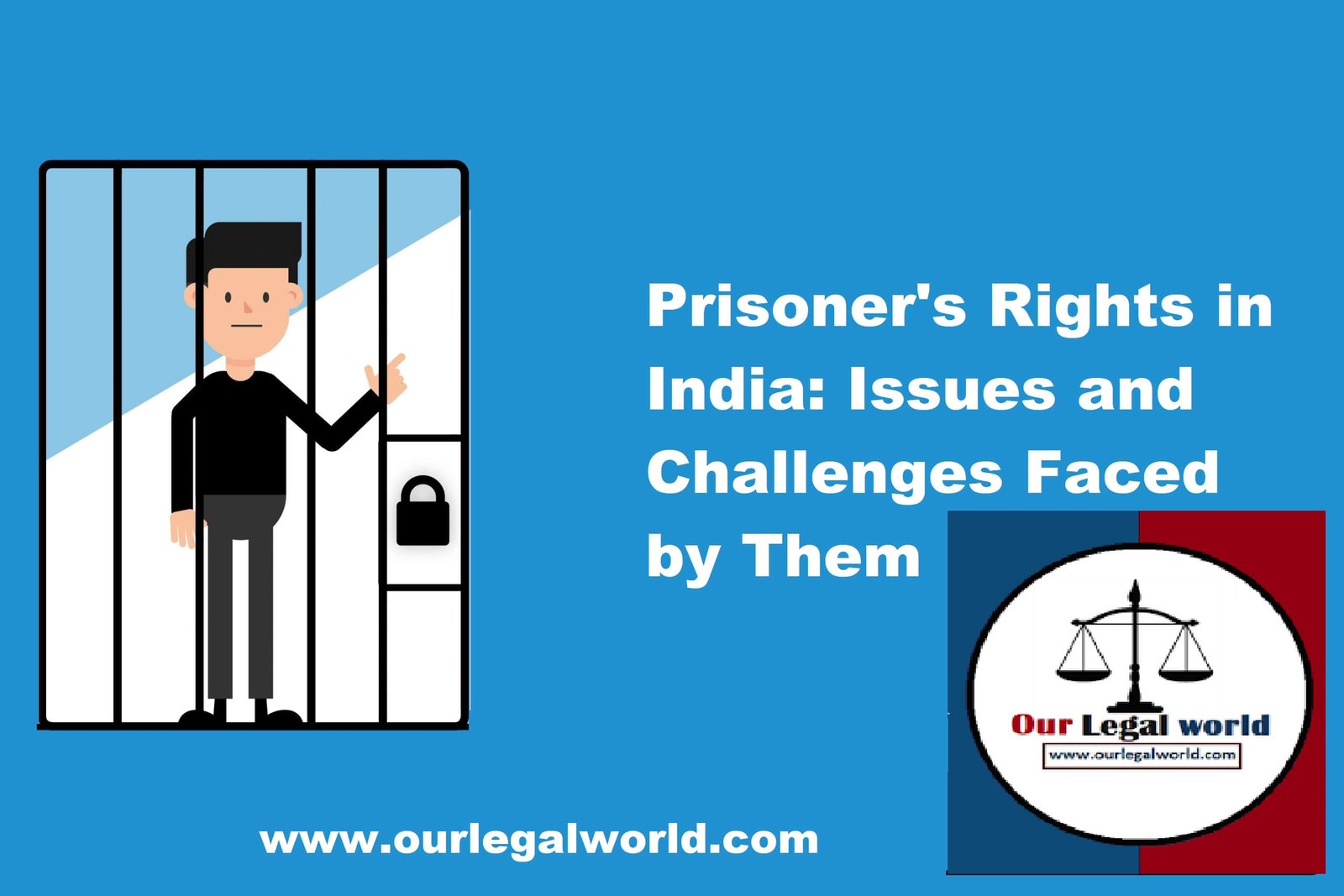Towards safer and Decisive womanhood through expanding access to Abortion law
“ It seems to me as clear as daylight that abortion would be a crime.”[1] -Mahatma Gandhi
Introduction
Women in India face major obstacles in obtaining treatment for abortion, including inadequate availability of safe abortion services in public health facilities.
WHO defines unsafe abortion as a procedure for termination of a pregnancy done by an individual who does not have the necessary training or in an environment not conforming to minimal medical standards. However, abortions done in accordance with these standards are considered safe and the risk of severe complications or death is minimal.[2]
Why Abortion related laws are needed?
Millions of women around the world are dependent on a range of options for abortions, ranging from expensive private clinics to quacks. Unwritten and unsaid biases follow them from menstruation through pregnancies to menopause, in most cases with little or no legal or family support. Abortion laws are primarily based on determining when life begins. At what point does the life of the foetus worthy of protection ? After how many months is it justified to restrict a woman’s right to MTP?
Legislation Related to Abortion
Prior to the Medical Termination of Pregnancy Act, 1971, a pregnancy could not be terminated in India without attracting penal sanctions under the Indian Penal Code, 1860[3].Abortion laws in India, like other laws, are premised on the 1861 British Penal Code.[4]The Medical Termination of Pregnancy Act in India came into existence in 1971.
According to the Medical Termination of Pregnancy Act, 1971 (MTP Act), grounds for granting abortion include, but are not limited to, women facing the birth of a potentially handicapped or malformed child within a 20-week gestational period.[5] Under Section 3 of the MTP Act, 1971, abortion is allowed if continuation of the pregnancy could involve a risk to the life of the pregnant woman, or there is a substantial risk that if the child were born, it would suffer from such physical or mental abnormalities.[6] Thus, if the mother had not crossed 20 weeks of gestation, she would have been eligible for an abortion under the MTP Act.
Amendments in 2002, 2003 and 2014 to MTP Act 1971, aimed at more sensible regulation of safe abortion services[7].
Development towads realization of safer and Liberal abortion law
In Mrs X v Union of India the Supreme Court recognized the right of women to make reproductive decisions and their decision to abort as a aspect of their personal rights.[8]
The Bombay High Court case of Dr. Nikhil D. Datar v Union of India,[9]popularly known as Haresh and Niketa Mehta case, court questioned whether the option of mothers to abort in the event of tests carried out at an advanced stage of pregnancy (such as, in this case, beyond 20 weeks) predicts a substantial risk, if the child is born.
The judgement in Suchita Srivastava vs. Chandigarh Administration[10]The court made a literal interpretation of Section 3(4) of the MTP Act, 1971 and accordingly declined to accept that “in the case of a mentally retarded major pregnant woman, the medical termination of her pregnancy shall always depend upon her own decision..
Medical Termination of Pregnancy (Amendment) Bill, 2020
The Union Cabinet amended the Medical Termination of Pregnancy Act 1971, in late
January 2020, enabling women to seek abortions as part of reproductive rights and gender justice. The bill proposed following amendments as under :
Termination of pregnancy: Under proposed amendment of Section 3[11], a pregnancy may be terminated within 12 weeks if a licensed medical practitioner suspects that: (1) the continuation of the pregnancy could endanger the mother’s life or cause serious harm to her health, or (ii) there is a significant risk that the child will suffer physical or mental defects if the child was born. Two medical practitioners are required to give their opinion for terminating a pregnancy between 12 to 20 weeks.
The amendment also brought the provision that, with the opinion of a licensed medical practitioner, that a pregnancy can be terminated within 20 weeks.
For termination of pregnancies between 20 and 24 weeks, the approval of two licensed medical practitioners will be required. The termination of pregnancies up to 24 weeks may only apply to specific groups of women, as may be recommended by the central government.
Under the Act, if any pregnancy is due to the failure of any system or method used by a married woman or her husband to cap the number of children, such an unwanted pregnancy may constitute a serious injury to the pregnant woman’s mental health. This clause is modified by the Bill to replace ‘married woman or her husband’ with ‘woman or her partner’.
Constitution of a Medical Board: It specifies that in situations where such termination is appropriate due to the diagnosis of serious foetal defects, the upper limit for termination of pregnancy does not apply. A Medical Board must diagnose those abnormalities. Under Section 2[12] of the Bill, every state government is required to constitute a Medical Board for this purpose. These Medical Boards will consist of the following members: (i) a gynaecologist,
(ii) a paediatrician, (iii) a radiologist or sonologist, and (iv) any other number of members, as may be notified by the state government.
Protection of privacy of a woman: Insertion of Section 5A[13] states that no licensed medical practitioner shall be allowed to reveal the name and other information of a woman whose pregnancy has been terminated, except to a individual approved by any statute. Someone who violates this clause will be punished by up to one year’s imprisonment, or a fine, or both.
Indian Council for Enviro-Legal Action v. Union of India: Polluter Pays
Conclusion
Gender justice, maternal health, reproductive health and the right of a woman to her body are issues that needed special consideration because what is at stake is not just the welfare of women but also that of whole society. The recent amendment will spared the stress and pain of women ,seeking approval from courts as time runs out on them. The amendment in abortion law also puts India among the countries serving women, who wish to make individual decisions from their perspectives and predicaments.
Written by Nisheeth Chandrachoor, Law Centre 1, University of Delhi
Our Legal World & Lawyal Associates, Article Competition on Abortion Law
- [1] All Men are Brothers: Autobiographical Reflections,165 (1958)
- [2] The incidence of abortion and unintended pregnancy in India,The Lancet Global Health (2015), https://www.thelancet.com/journals/langlo/article/PIIS2214-109X(17)30453-9/fulltext.
- [3]ss 312 and 313 provide punishment for induced abortion, Indian Penal Code (1860)
- [4]Abstract, Experiencing abortion rights in India through issues of autonomy and legality:A few controversies, https://www.ncbi.nlm.nih.gov/pubmed/29343181.
- [5]The Medical Termination of Pregnancy Act, 1971. New Delhi: GoI 1971 [cited 2018 Sep 5]. Act No. 34 of 1971. https://tcw.nic.in/Acts/MTP-Act-1971.pdf
- [6] ibid
- [7] Abstract, Abortion law, policy and services in India: a critical review, https://www.ncbi.nlm.nih.gov/pubmed/15938164.
- [8] Mrs X v Union of India, Writ Petition No. 14173 SC (2017).
- [9] Dr. Nikhil D. Datar v Union of India& Ors, Writ Petition (L) No 1816 Mumbai HC (2008).
- [10] Chandigarh Administration Vs Unknown,C.W.P. No. 8760 Punjab-Haryana High Court (2009).
- [11] The Medical Termination of Pregnancy (amendment) Bill, 2020 2, Bill no.55 of 2020
- [12] Id. At 3
- [13] Id.









![Tax Law Internship at Legum Attorney [Chamber of Ashish Panday], Delhi : Apply by 15th May 2025](https://www.ourlegalworld.com/wp-content/uploads/2025/05/IMG_0113-min.png)
